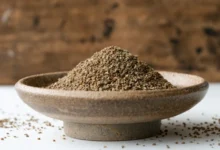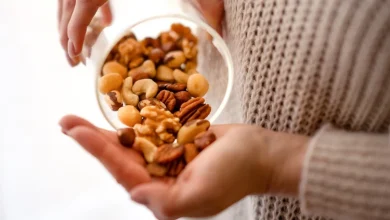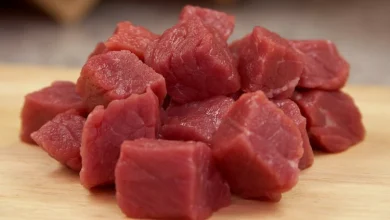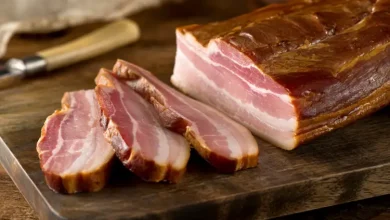How Much Is Too Much? The Science and Myth of Daily Protein Needs
Most Americans Already Get Enough Protein—So Why Are We Adding It to Everything?

Daily protein needs have become a surprisingly complicated topic in the age of fitness influencers, protein pancakes, and grocery-store snacks boasting double-digit grams of protein. While the nutrient plays a key role in health, experts say most Americans already eat more than enough—and often far more than they actually need.
Protein has shifted from basic necessity to cultural symbol. From influencer reels to packaged snack labels, protein is marketed as a fast track to building muscle, shedding weight, and living longer. But the actual science behind how much protein a person needs each day paints a far less dramatic picture.
The Numbers We Miss: How Much Protein Is Really Enough
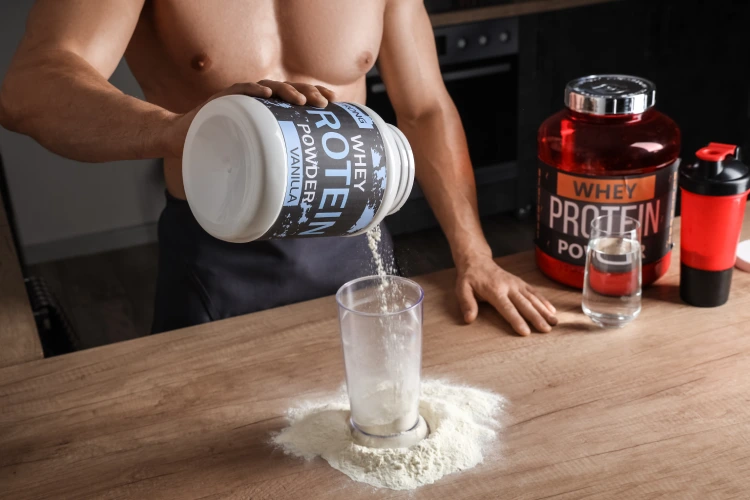
Most adults need around 0.8 grams of protein for every kilogram they weigh, which comes out to about 56 grams daily for a person who weighs 70 kilograms, or 154 pounds. That number is not a minimum to survive but a generous estimate intended to meet the needs of almost all healthy people. And yet, national data show that most U.S. adults are consuming at least 20% more than that—often without realizing it.
In food terms, hitting the recommended amount is relatively easy. A single serving of meat, a couple of dairy products, and some legumes or whole grains in a day often covers it. Many vegetables, grains, and even bread contribute small but steady amounts. Unless someone is deliberately cutting out protein-rich food groups, actual deficiency is rare.
More protein doesn’t necessarily mean more benefits. While athletes and bodybuilders may need slightly more than the general population, even those groups tend to overshoot the evidence-backed upper ranges. The body doesn’t store protein the way it stores carbohydrates or fat. Once it uses what it needs for tissue repair and other functions, the rest is broken down—leaving the kidneys to clear the leftover nitrogen.
For healthy individuals, this isn’t immediately dangerous, but over time, consistently high intakes may place added strain on the kidneys. There’s also the matter of extra calories: many high-protein foods also come with added fat, sugars, or processing, which can cancel out their supposed health edge. And from an environmental standpoint, excess animal protein adds unnecessary pressure to global food systems.
Animal or Plant? Why Source Quality Still Counts
Protein from meat, dairy, and eggs tends to be classified as “complete,” meaning it contains all the essential amino acids in ideal proportions. But that doesn’t make plant protein inferior. Foods like beans, lentils, nuts, and grains, when eaten in combination, provide the full spectrum of amino acids over the course of a day.
Some people worry that plant-based diets may fall short on protein, but that’s only true with very limited food choices. In fact, experts note that plant proteins often come with added benefits—such as fiber and healthier fats—without the saturated fat and cholesterol found in many animal products.
So if the science is settled, why does the protein craze continue? Experts suggest it’s partly a result of marketing, partly cultural. Protein has never been demonized the way fat and carbs have, making it an easy “safe bet” for brands and influencers alike. There’s also a long-standing association between meat and strength, especially in American pop culture.
But fads tend to ignore context. A high-protein dessert may be framed as healthy, even if it still delivers just as many calories and sugars as its traditional counterpart. And many people view diet through aesthetics: muscle tone is visible, while gut health or metabolic balance is not. This makes protein an appealing but incomplete stand-in for overall well-being.
Simple Nutrition Still Works
In the end, meeting your protein needs doesn’t require powders, hacks, or dessert makeovers. Moderation and variety remain the core of nutritional health. A balanced diet, with enough calories and a mix of protein sources, is more than enough for most people—without the need for protein-laced cookies or steak-for-breakfast routines.
The current obsession with protein reflects more about cultural anxiety than nutritional science. As one nutrition expert put it, every culture has figured out how to meet protein needs without turning food into a supplement aisle. The same still holds true today.



